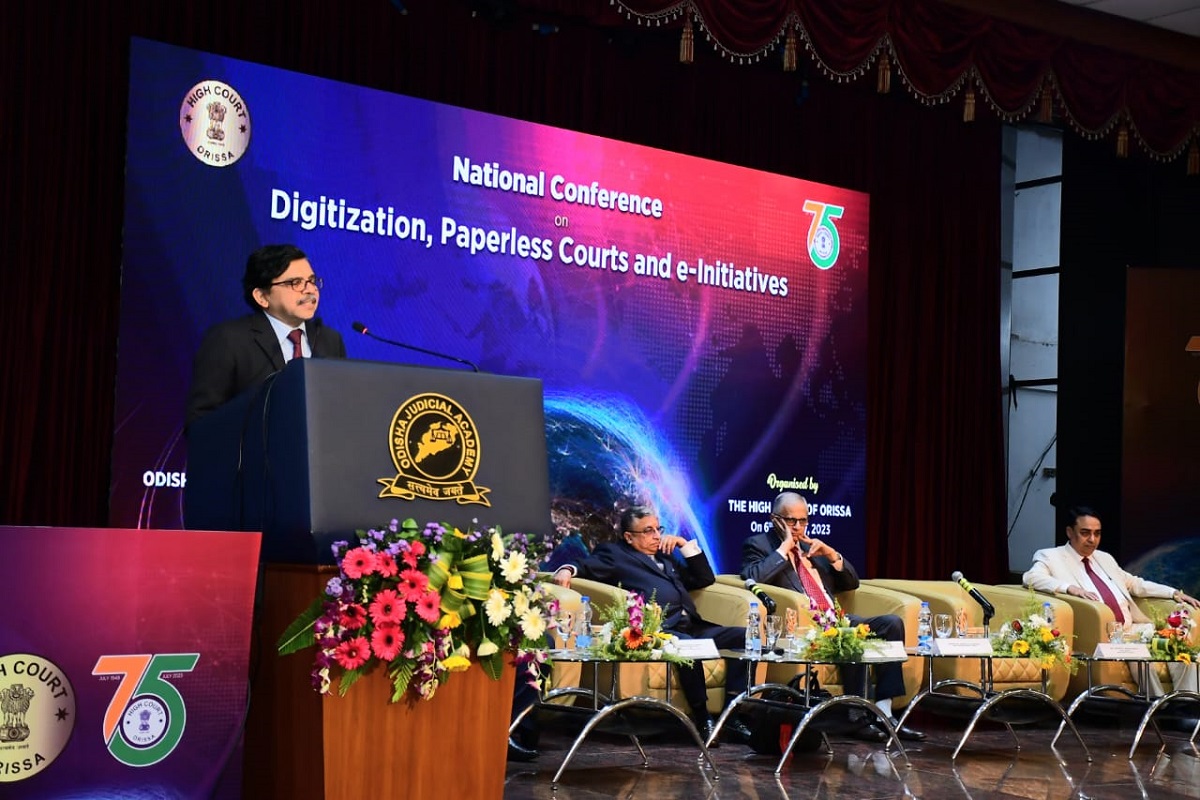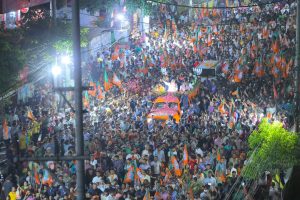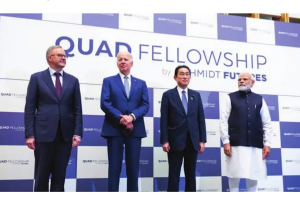The state will have 100 more ‘paperless’ courts in the next three months with the paperless regime to have a positive impact on the courts’ architecture, Chief Justice, Orissa High Court, Justice S Muralidhar said.
Chief Justice Muralidhar while speaking at the concluding session two days National Conference on Digitization, Paperless Courts and e-Initiatives at Cuttack yesterday deliberated upon the impact of social media on the working of judicial officers.
“There is a need to think as to how to deal with it. Emphasis has to be laid on building a self-reliant judiciary,” he said.
Judicial system needs to be more citizen-centric, he opined while stating that lawyers have to be brought on board to effect complete transformation of the system.
Security of data and its irretrievability has to be ensured. Paperless functioning of courts has to be ensured. Judiciary has to be self-reliant instead of depending on external agencies for (information and communication technology (ICT) enabled functioning. Simplification of procedures and process reengineering has to be focused on, Chief Justice Muralidhar observed.
Age is never a bar for learning. Though he has never been conversant with technology, he has started learning its use which has now become inevitable,” sharing his own experience Justice Krishna Murari of the Supreme Court of India, said on the occasion.
Justice A S Bopanna too speaking on the occasion said that “he started learning the use of technology at a very late age” and emphasized on the importance of virtual hearing. “Every district court complex should have a facility for virtual hearing,” he said.
The e-Courts Project is a mission mode project to ensure efficient and time-bound citizen centric services, installation of ICT support systems in courts, automation of processes for transparency and accessibility of information to stakeholders, enhancement of judicial productivity and make the justice delivery system affordable, accessible, cost effective, predictable, reliable and transparent, said officials of High Court registry.











